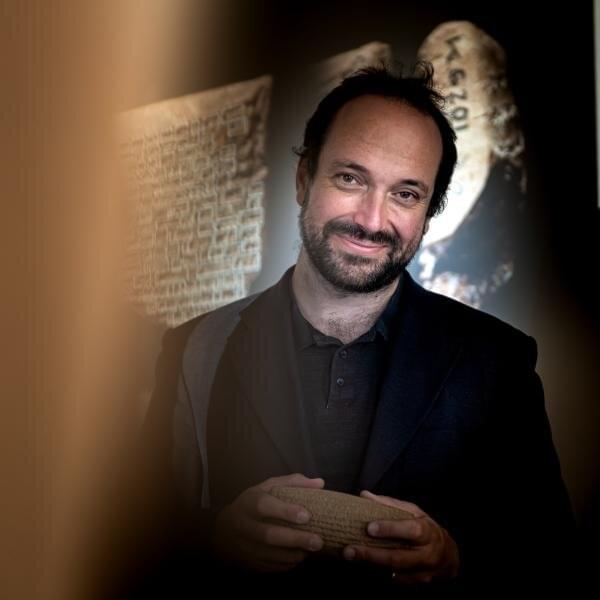Rejuvenating an older person’s blood may now be within reach, based on recent findings from Passegué’s lab published in Nature Cell Biology(link is external and opens in a new window).
Passegué, with her graduate student Carl Mitchell, found that an anti-inflammatory drug, already approved for use in rheumatoid arthritis, can turn back time in mice and reverse some of the effects of age on the hematopoietic system.
Nature article:
https://www.nature.com/articles/s41556-022-01053-0
Young blood may be an elixir for older bodies, rejuvenating aging hearts, muscles, and brains. But how can old blood become young again? Columbia stem cell scientists may have found a way.





